
UK Govt bankrolls cutting-edge tech to help fight human trafficking in Uganda
The UK Space Agency is bankrolling a project that will apply Earth observation technology from satellites to support Uganda’s efforts to fight human trafficking and forced labour efforts.
Dubbed Anti-trafficking using Satellite Technology for Uganda’s Sustainability (ASTUS), the project is run by UK academics at the University of Nottingham.
It is part of the 10 leading-edge projects that shared £3.4 million so they can use space technology to tackle global development problems, including malaria, human trafficking and forced labour.
Other projects providing solutions to other sectors will operate in Kenya, Plymouth, Nigeria, Ghana, Guyana, Bangladesh, Mexico, Mongolia and Colombia.
Reports indicate that among countries that used by traffickers to source men, women, and children for the purposes of forced labour and sexual exploitation.
ASTUS aims to tackle human trafficking and forced labour. It will develop a stakeholder-informed data-driven Earth Observation (EO) approach to support anti-trafficking efforts in Uganda.
"This project’s space-based solution is the development of a Modern Anti-trafficking Support System (MASS) to support anti-trafficking decision-making and response," the UK government announced in a statement.
"Ensuring stakeholder buy-in and sustainability of the MASS underpins, this project’s activities and are crucial steps in supporting the Ugandan Government in its anti-trafficking efforts."
The funds were released on World Humanitarian Day, the officials said.
The projects will develop solutions to global challenges that will open up new opportunities for UK space expertise to help countries overseas to deal with myriad problems.
Among the others being backed are space-based solutions that will help protect wildlife habitats in Kenya and another that will improve resilience to flooding in Bangladesh, which is suffering the most prolonged monsoon rains in decades.
In 2018, there were an estimated 228 million cases and 405,000 deaths from malaria alone. Using satellite, airborne and ground-based sensing technology, academics at The Open University will detect where mosquitoes are most likely to breed and support efforts to tackle this deadly disease at its source.
The £3.4 million funding comes from the UK Space Agency’s International Partnership Programme (IPP), which is designed to use UK space expertise in satellite technology and data services to deliver ground-breaking solutions to real-world problems across the globe. Projects aim to help developing countries while building effective partnerships that can lead to growth opportunities for the UK space sector.
Links
- 239 views

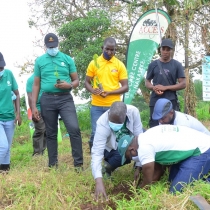

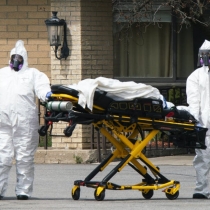


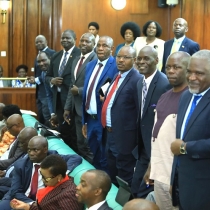







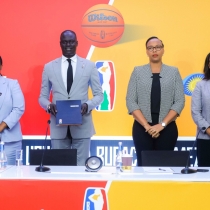



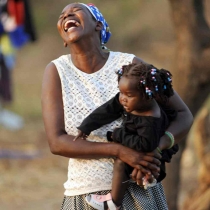























Join the conversation